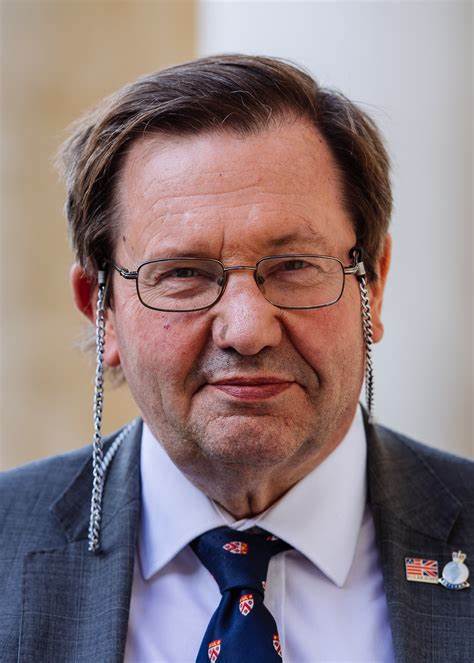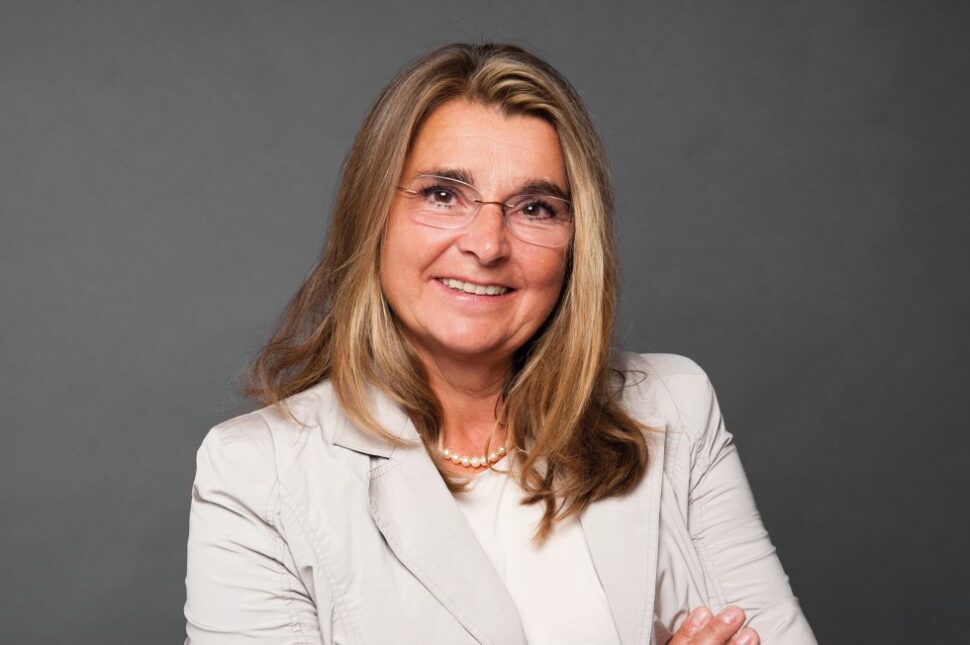David Artuñedo Guillén
My contribution has a direct impact in 3GPP Release 19 specifications in the TR 23.946 CAPIF Guidelines.

My contribution has a direct impact in 3GPP Release 19 specifications in the TR 23.946 CAPIF Guidelines.

The priority of my activity is the coordination of the 3GPP activities to update the ITU-R Recommendations on IMT-Advanced and IMT-2020.

There is currently no standard addressing the cybersecurity of AI systems. In ISO/IEC JTC1 SC27 WG4 27090 is under development; and I contribute directly to this work.

The AI Act is a European regulation promoting the uptake of human-centric and trustworthy AI, while ensuring protection of health, safety, and fundamental rights. Companies can prove conformity with the AI Act by complying with the 10 harmonised standards drafted by CEN-CENELEC. My fellowship contributes to two harmonised standards supporting the AI Act.

Incorporation of at least two sensory channels for information consumption is required by the European Accessibility Act, but currently not widely realized in technical communication. With its structured semantic approach, the proposed standard seeks to help eliminate this shortcoming.



Annegrit's priority is the Convenorship of CEN CENELEC JTC21 WG 5, the organisation and project support to work on the AI Act standardisation request for Cybersecurity. This includes a close collaboration with other groups within JTC 21, JTC 13, ISO IEC SC 42 and SC 27 to collect all information of existing and work under development. The main challenge is that JTC 21 and also our WG5 has a diverse structure of experts and knowledge, which makes the work, the effort and efficiency very difficult. In this case, the challenge in addition is the collaboration with other existing standardisation groups within JTC 21 as well as with JTC 13 for Cyber Resilience Act, with ETSI and their view, with ISO IEC SC 27 and SC 42.

The standards I am dealing with are the W3C Verifiable Credential Data Model (VCDM) 2.0 in conjunction with the W3C Verifiable Credential Data Integrity 1.0 specification for securing VCs. The contribution of this project will be a specification for a new W3C VC Data Integrity suite, i.e. a mechanism for securing Verifiable Credentials (VCs).

In the framework of this fellowship, I contribute to several different standardisation activities, including: addressing minor edits to IEEE 2089.1 and developing a Certification Scheme with IEEE, applying to IEEE CTSoc/ETSC to form a study group to develop a PAR on Parental Consent, participation in BSI IST/33/5 and ISO/IEC JTC1 SC27 WG5 re ISO 27566 Parts 1, 2 and 3, ETSI STF 681 Age Verification Expert Member.

My work aims to develop robust frameworks for the verification of cryptographic protocols within the security of ICT products, services, and processes, thereby enhancing resilience against cyber threats.

Understanding how to work in international standardisation committees is vital, which implies going beyond IT asset management microcosm to deliver more value to related disciplines such as cybersecurity or sustainability.
